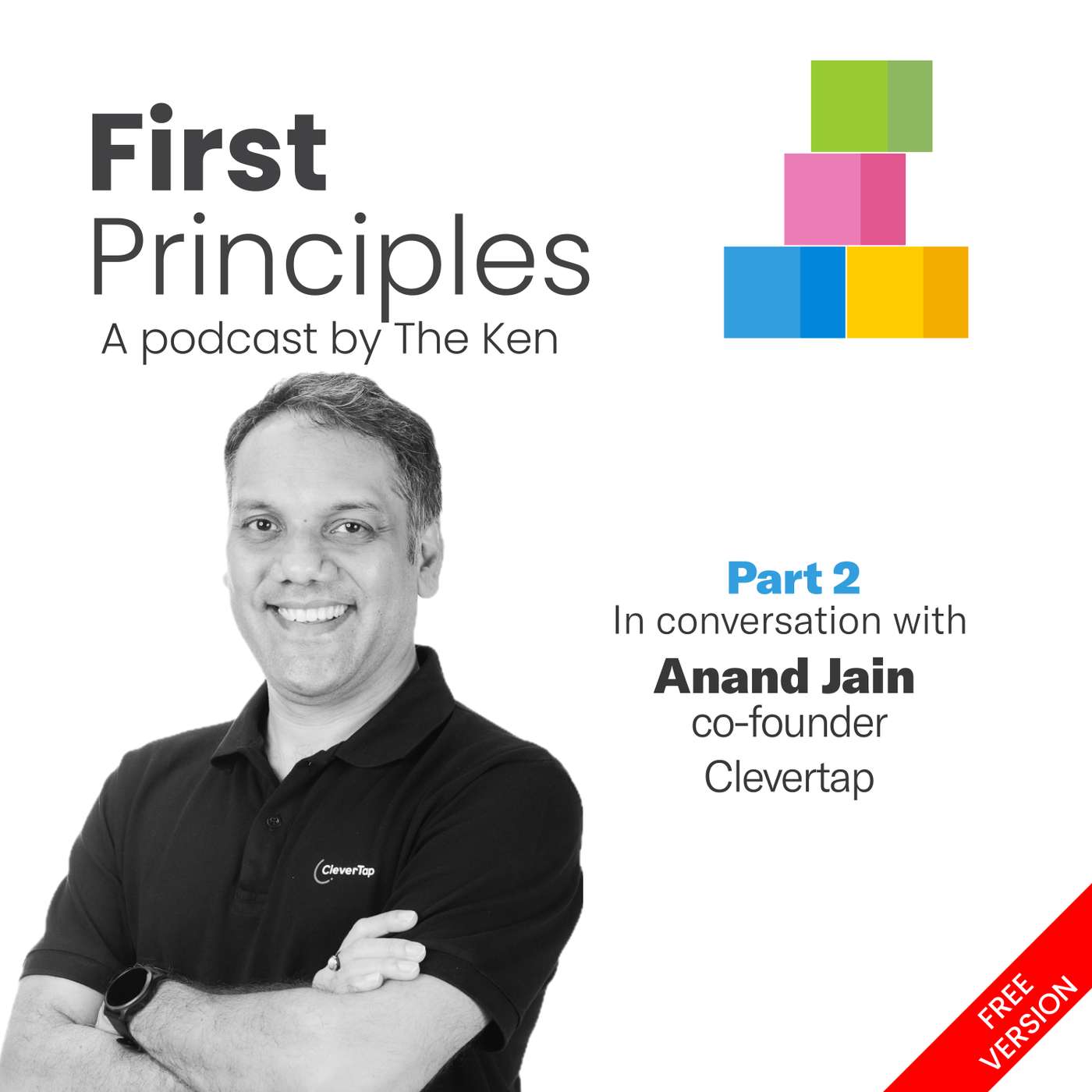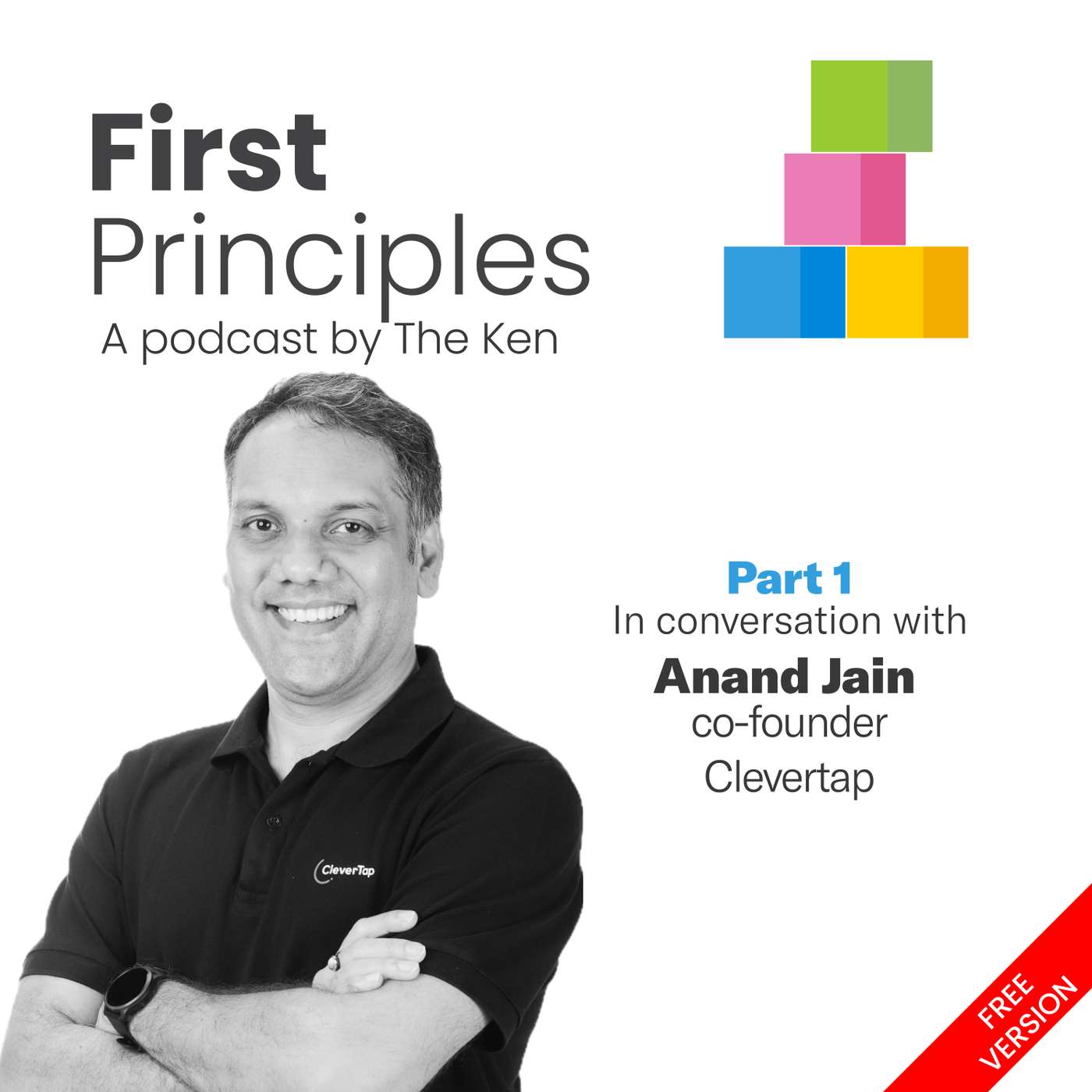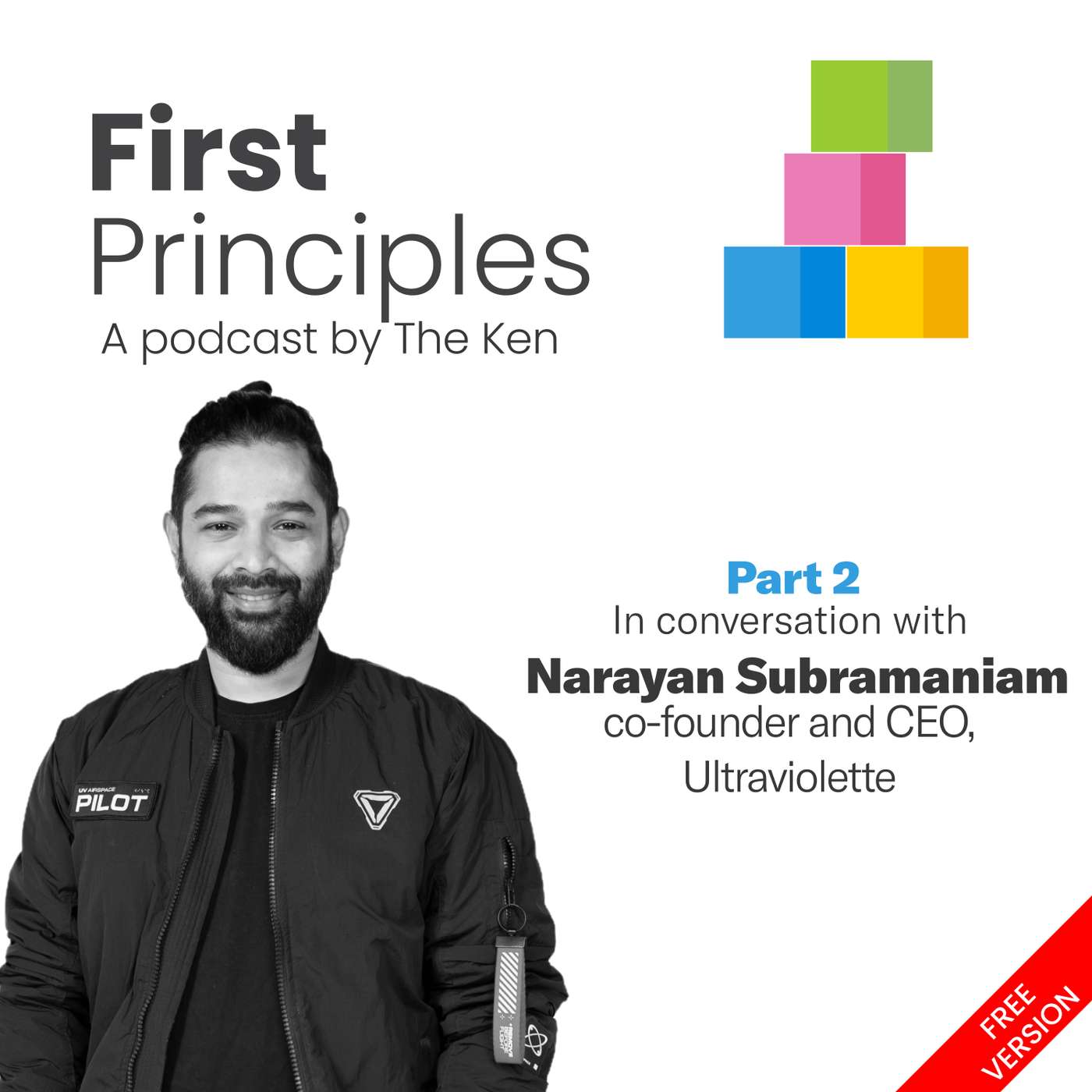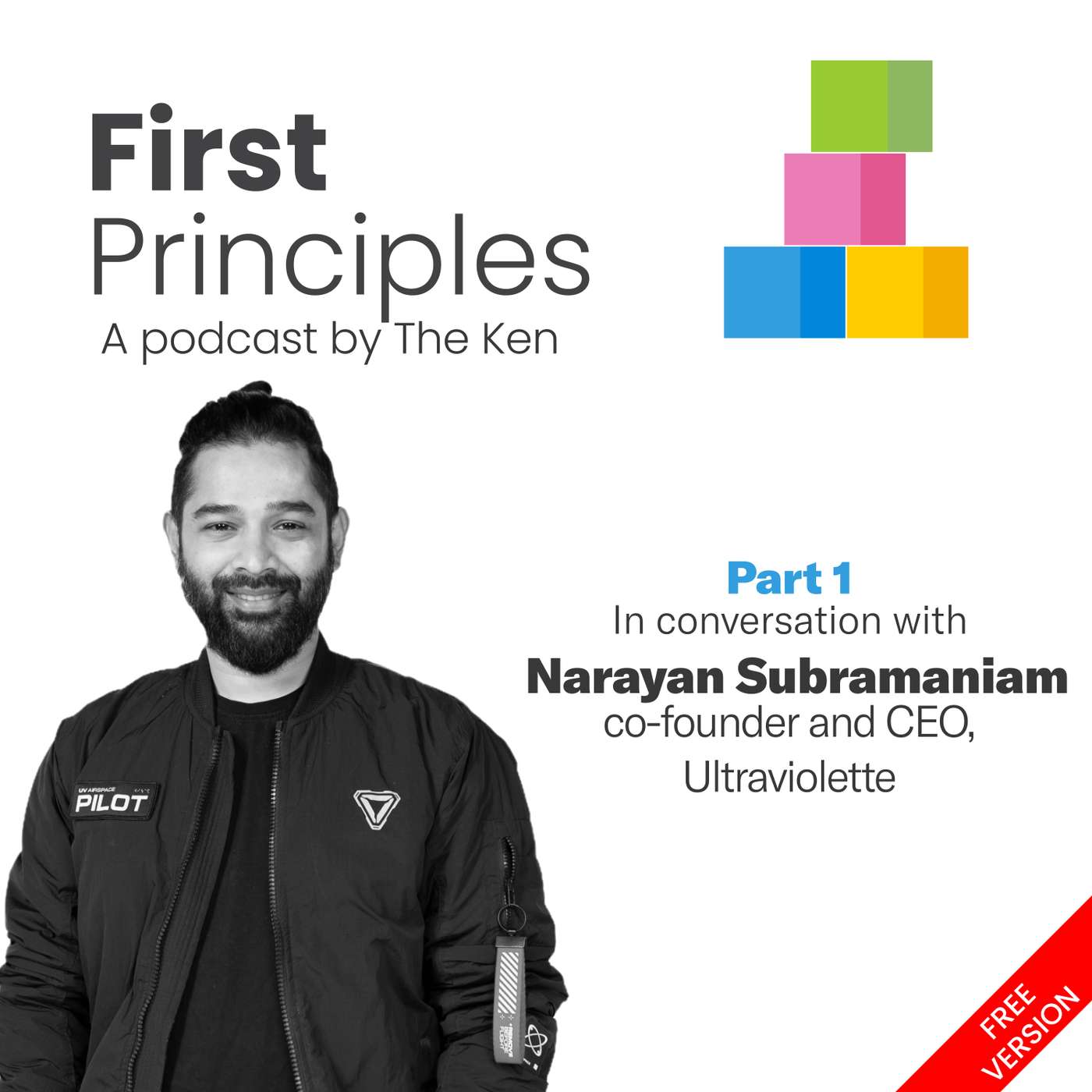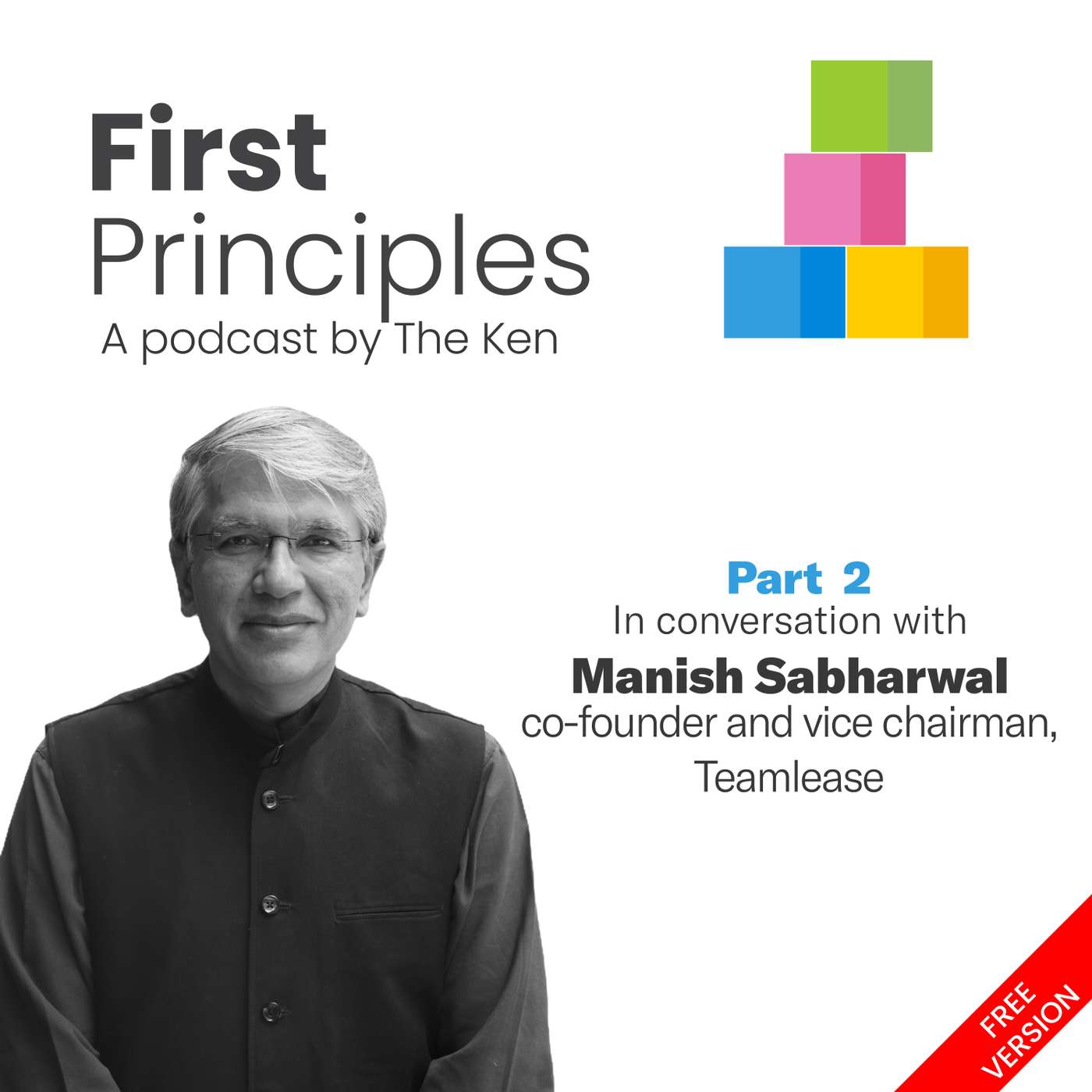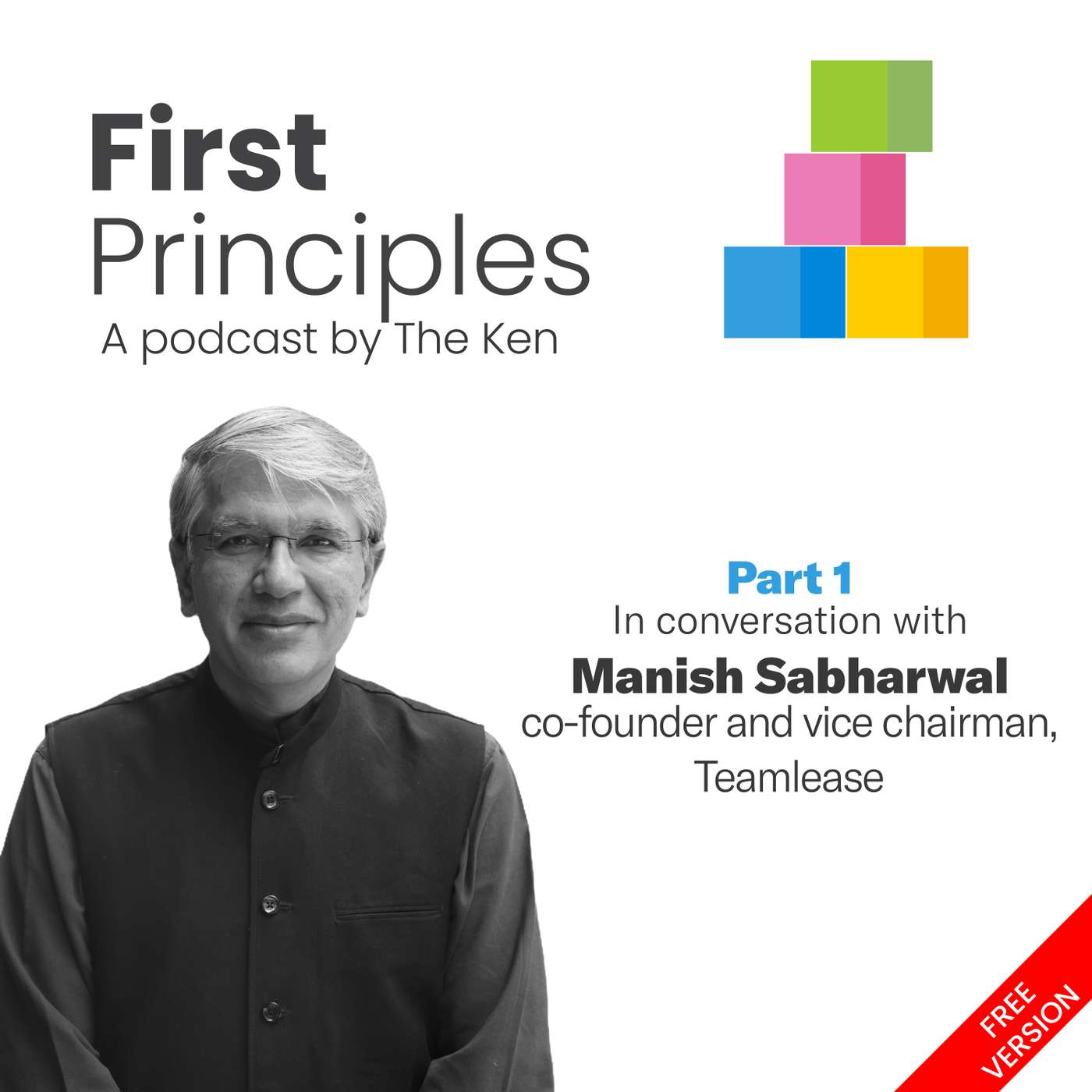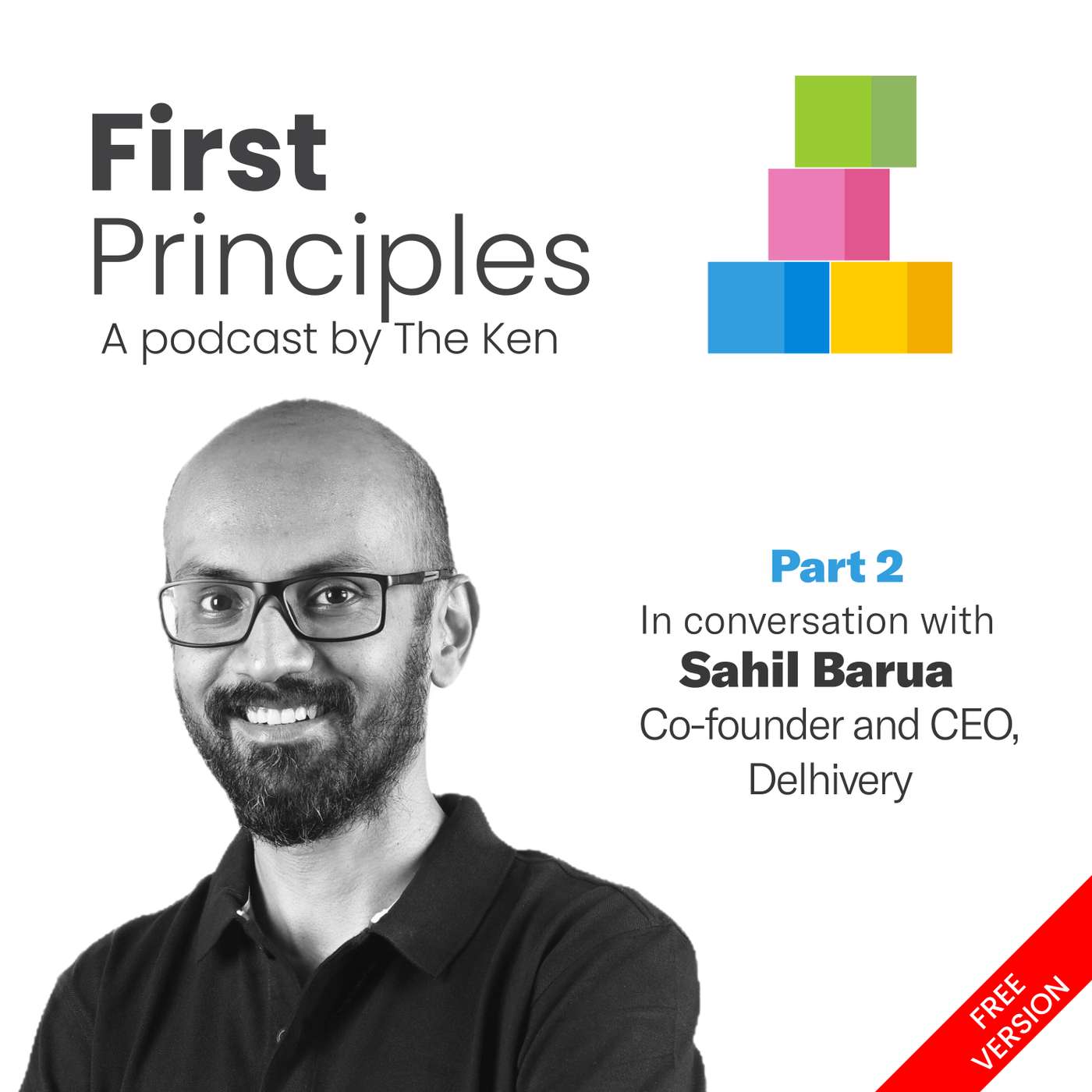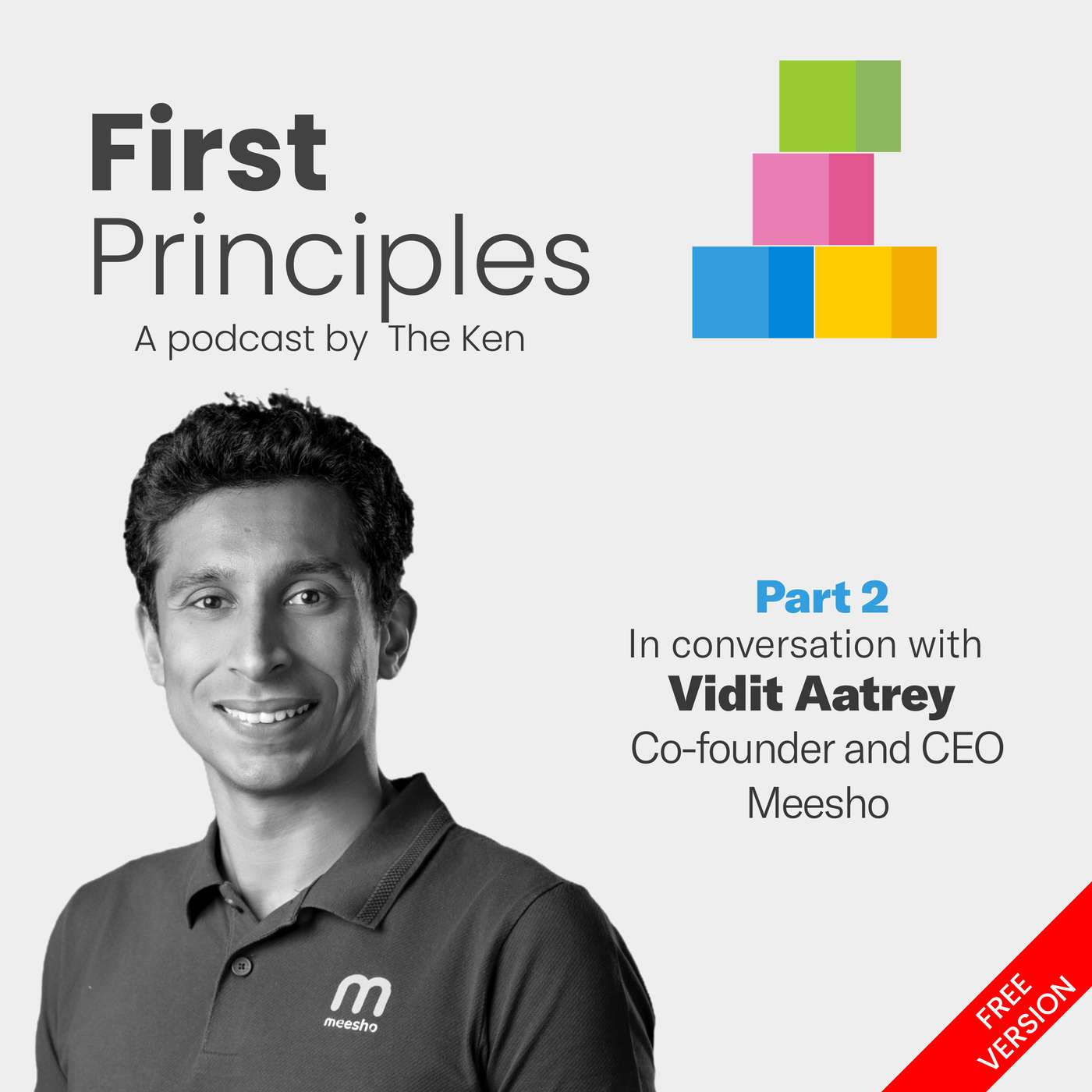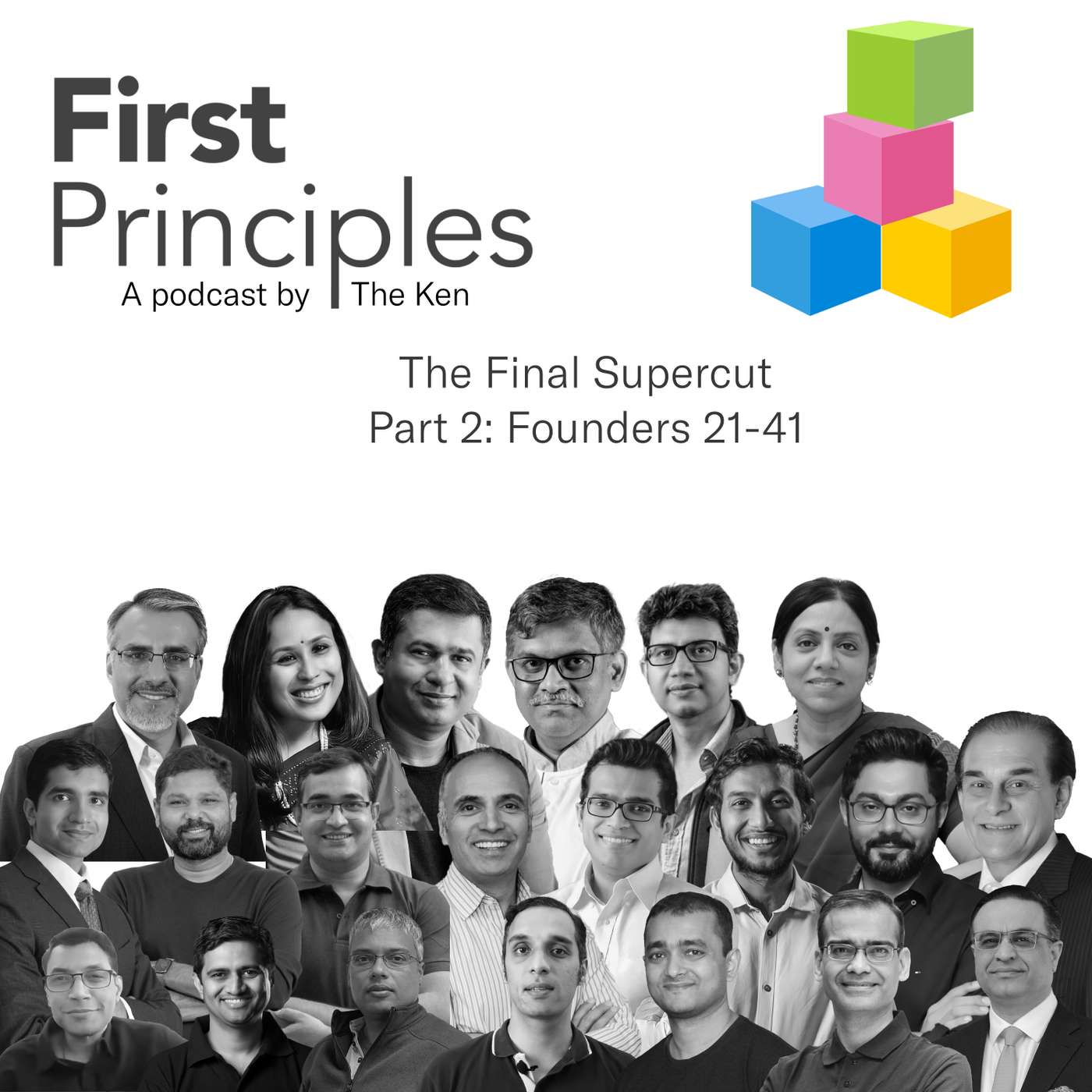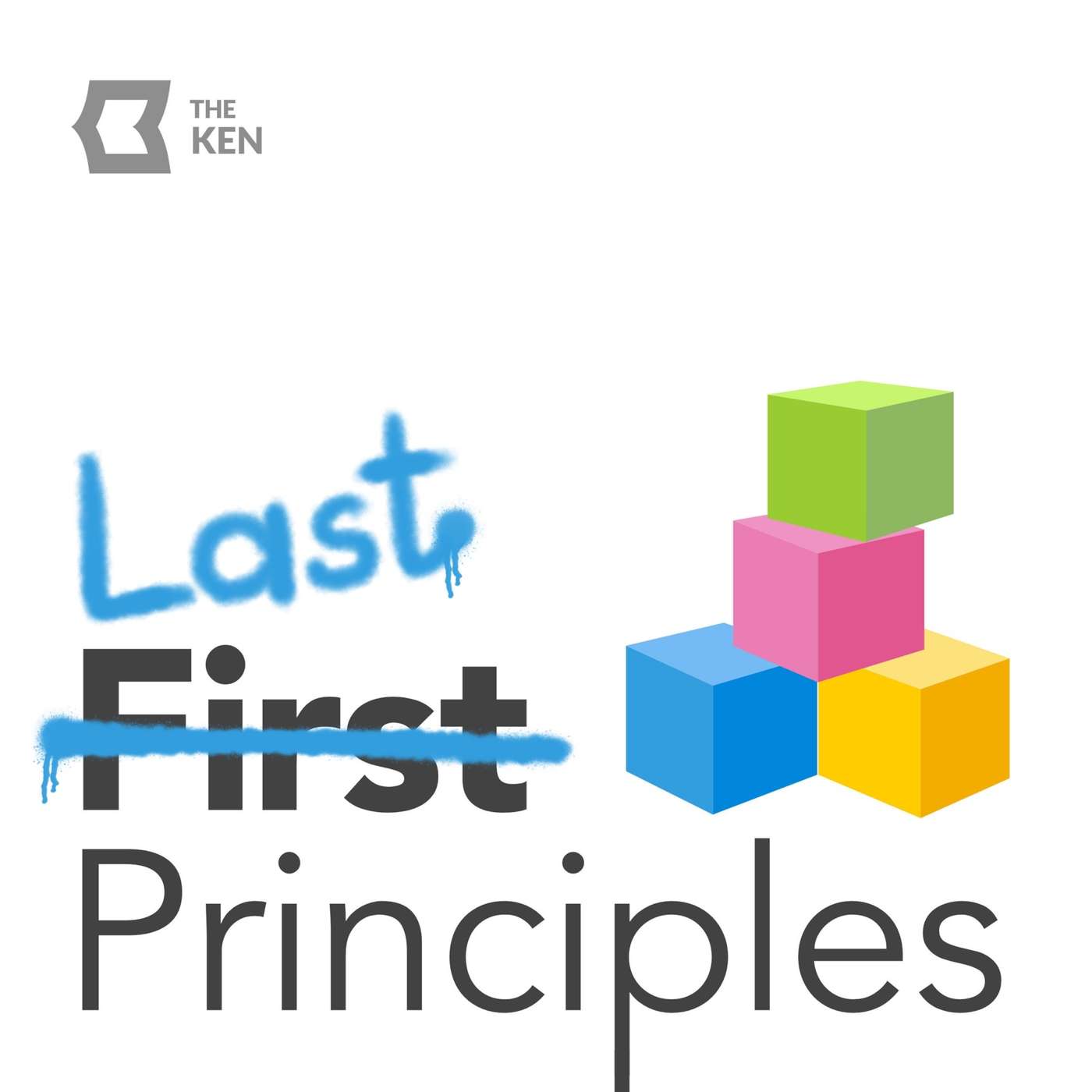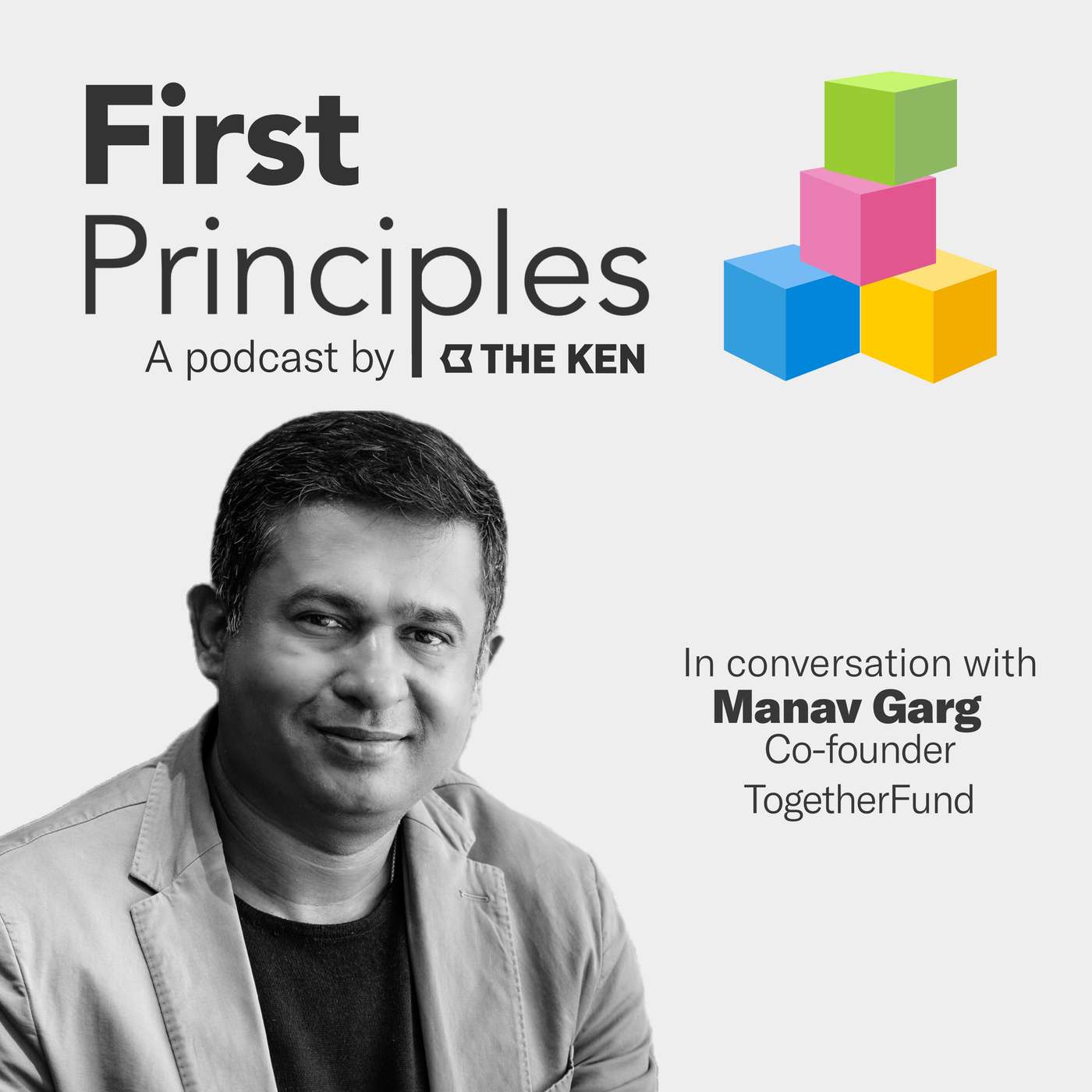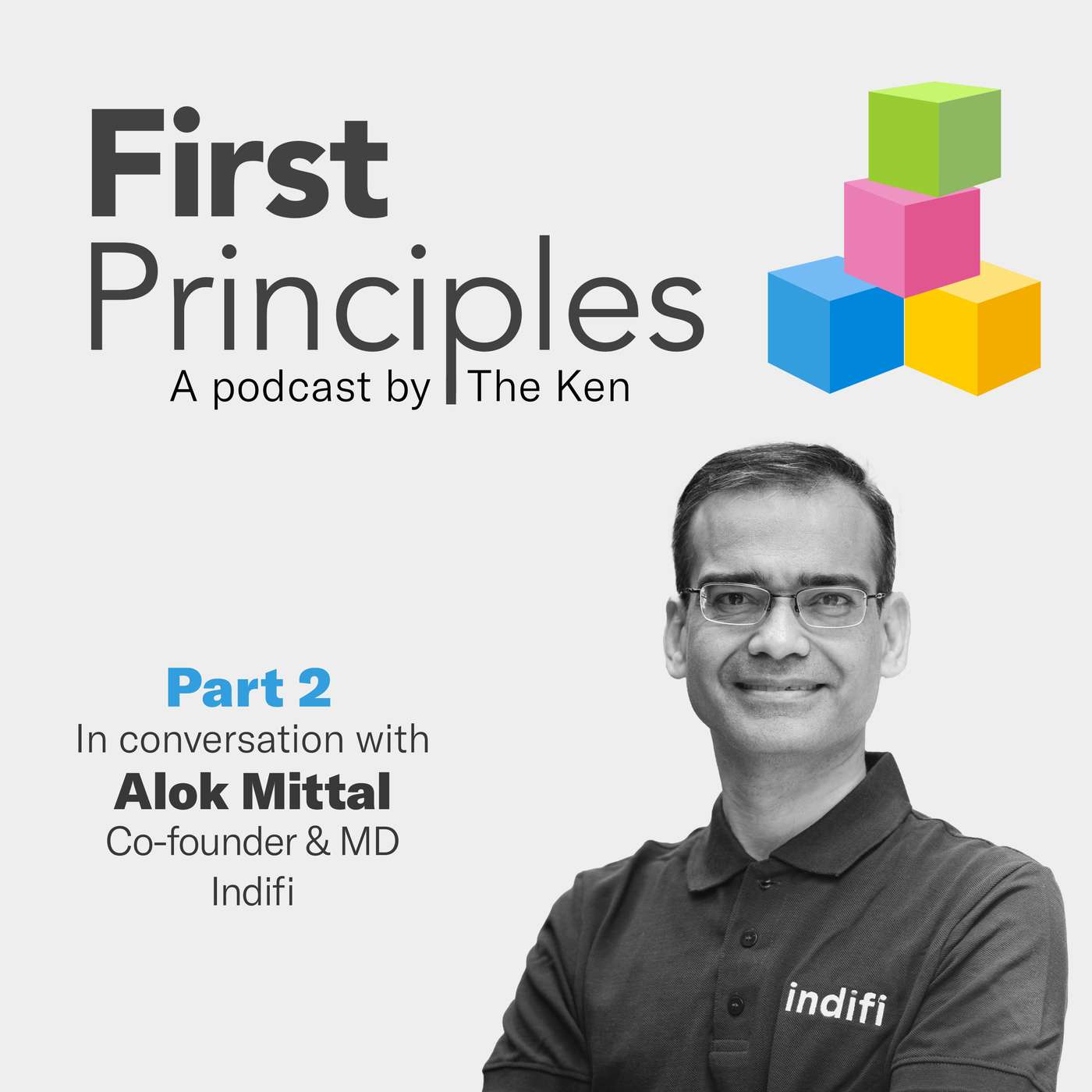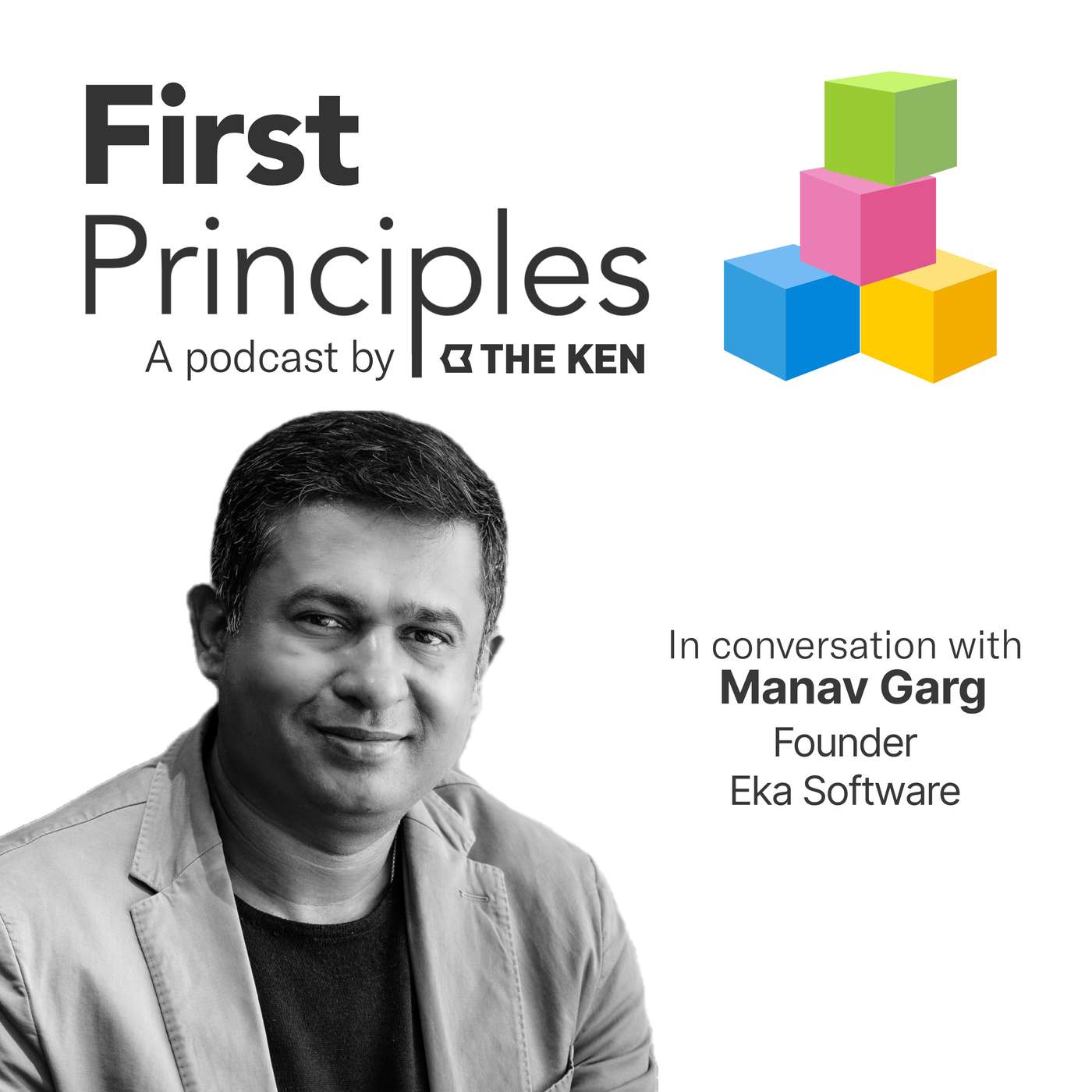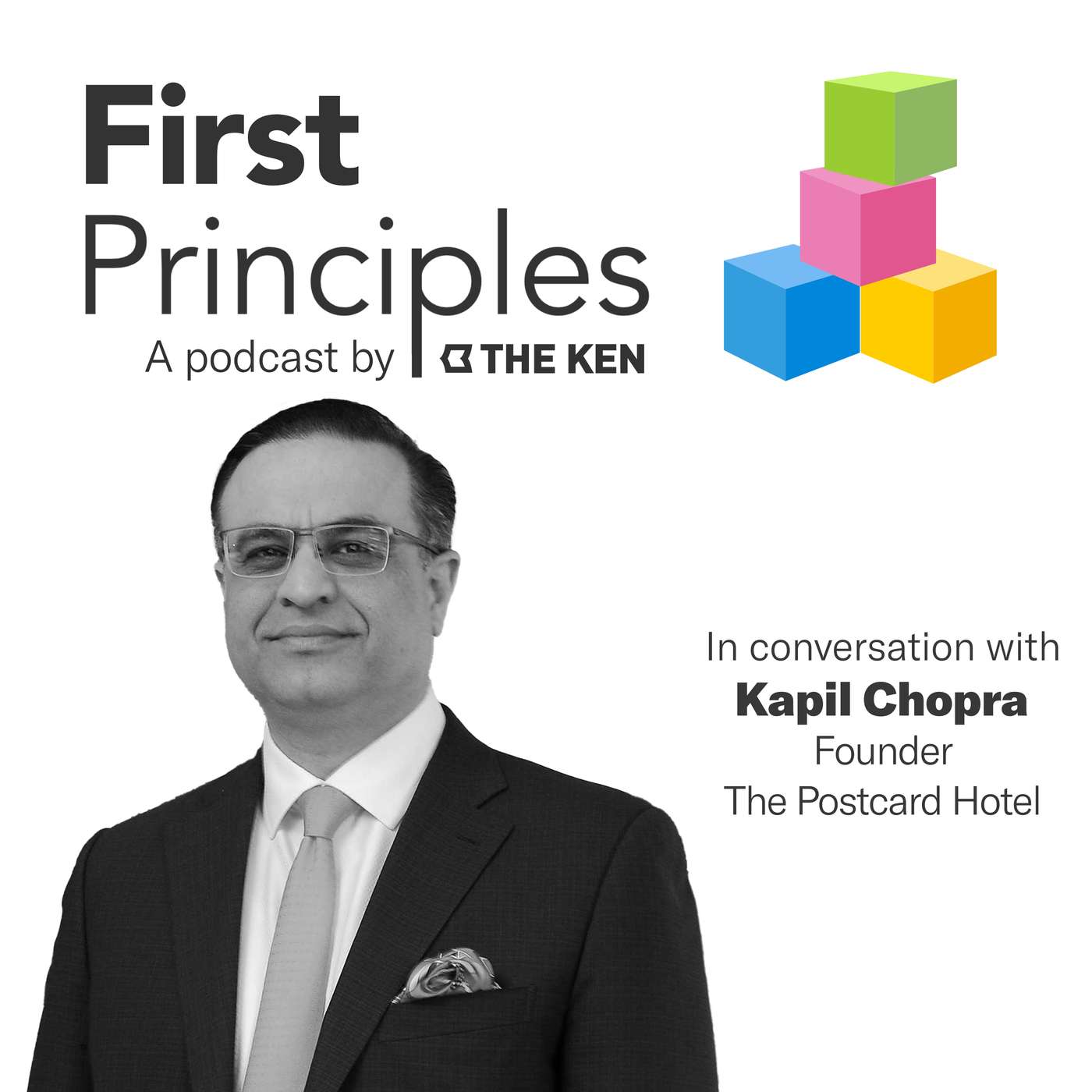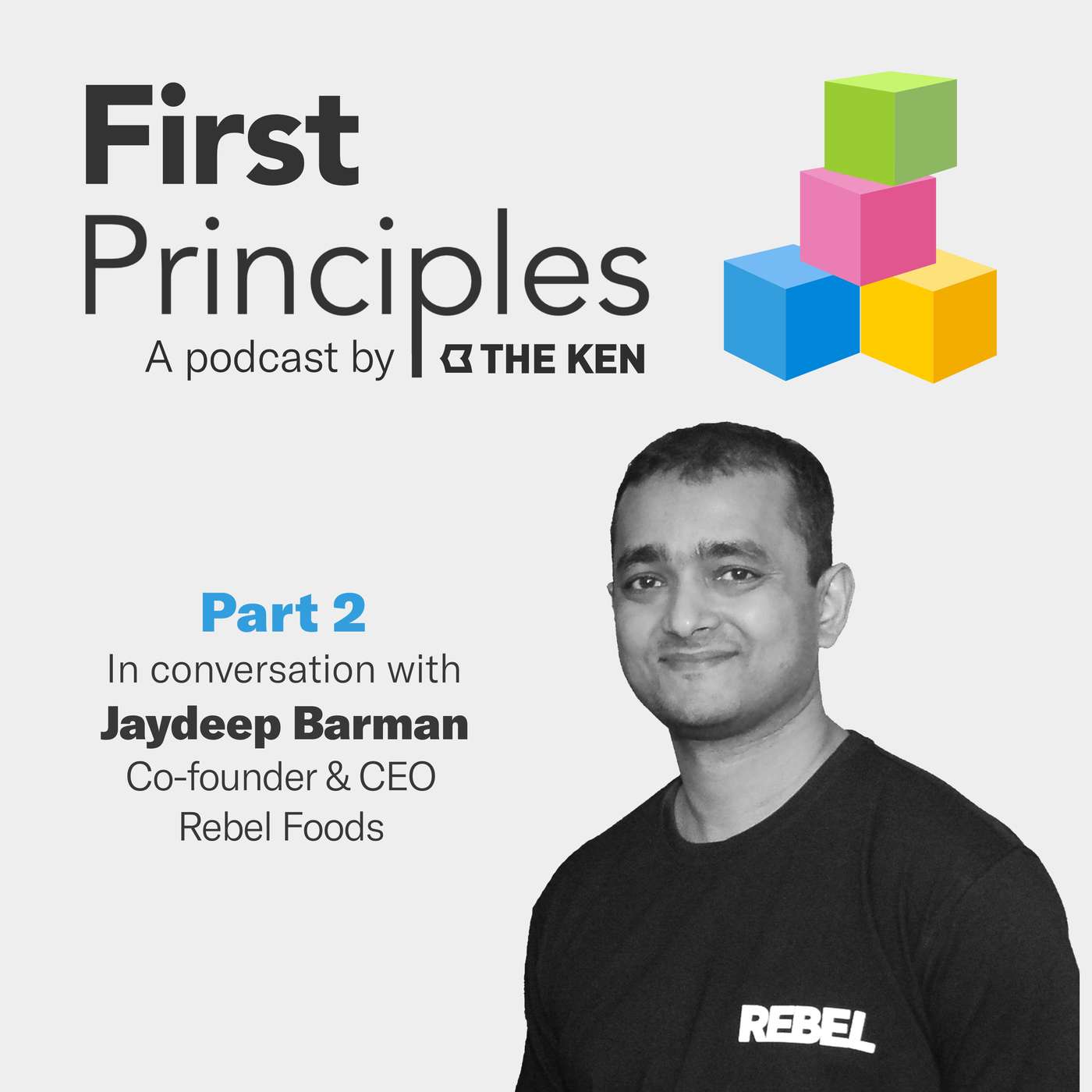Part 1: Jaydeep Barman of Rebel Foods on why his business is 'misunderstood'—and why that's a good thing
Description
Rebel Foods was incorporated in 2015. Before that it was Faasos and Faasos has been around since 2004. But co-founder and CEO Jaydeep Barman says back in 2004 when he and his co-founder Kallol Banerjee started it, they didn’t look at it as a means of living. It existed to some extent, primarily, to fulfil their own craving for good Calcutta rolls as Pune, where both of them were living at the time, didn't have any nice joints for the same.
A few years after starting it both of them left it behind to go and do their second MBAs from INSEAD and after completing it Jaydeep went on to work for McKinsey in London and Kallol headed to Bosch in Singapore.
But the dream of having their own company brought them back to Pune in 2011 and this time they were serious about making Faasos huge. They wanted to make it a QSR chain in the image of McDonald’s and Dominos of the world, but catering to the Indian taste buds. They raised some venture capital and got a few angel investors and decided to fire up their journey to growing their store numbers and serving great food.
But this journey hit a roadblock when they grew too fast and revenue didn’t match up growth on a per store basis. This is when they had the first of their ‘lightbulb moments or epiphanies’ as Jaydeep calls them.
Infrastructure or setting up a restaurant on the high street was a fixed cost that made it hard for Rebel Foods to scale beyond a point. So they decided to enforce a change in how they do business by taking away this fixed cost component and just investing in making food in a kitchen ideally in a location where rent is low.
This decision was aided by customer insight as well. When they ran a survey nearly 74% customers said they had never been to a Faasos outlet or they had been to it once. So they piloted the cloud kitchen or ghost kitchen concept, which meant you just have a kitchen which fulfils orders and no storefront or dine-in area, in Mumbai and it worked and they haven’t turned back from there.
There were two more lightbulb moments which have made Rebel Foods what it is today. What were those?
Find out that and a lot more in this episode full of a lot of 2x2 matrix examples, possibly one of the most fun brand origin stories, how Rebel Foods became the world’s largest Internet restaurant and priceless insights into the world of serving food without a restaurant that you and I can dine-in.
Welcome to First Principles – The weekly leadership podcast from The Ken.
Let’s get started.
The Ken completed the training of 100 senior leaders from high-growth Indian companies last month. Read more about our learning programs for leaders here. Sign up by filling out this form. We have a few slots available this year.
Also, how are you finding the First Principles podcasts? What do you like? What can we improve? What do you think? Write to us at fp@the-ken.com.


